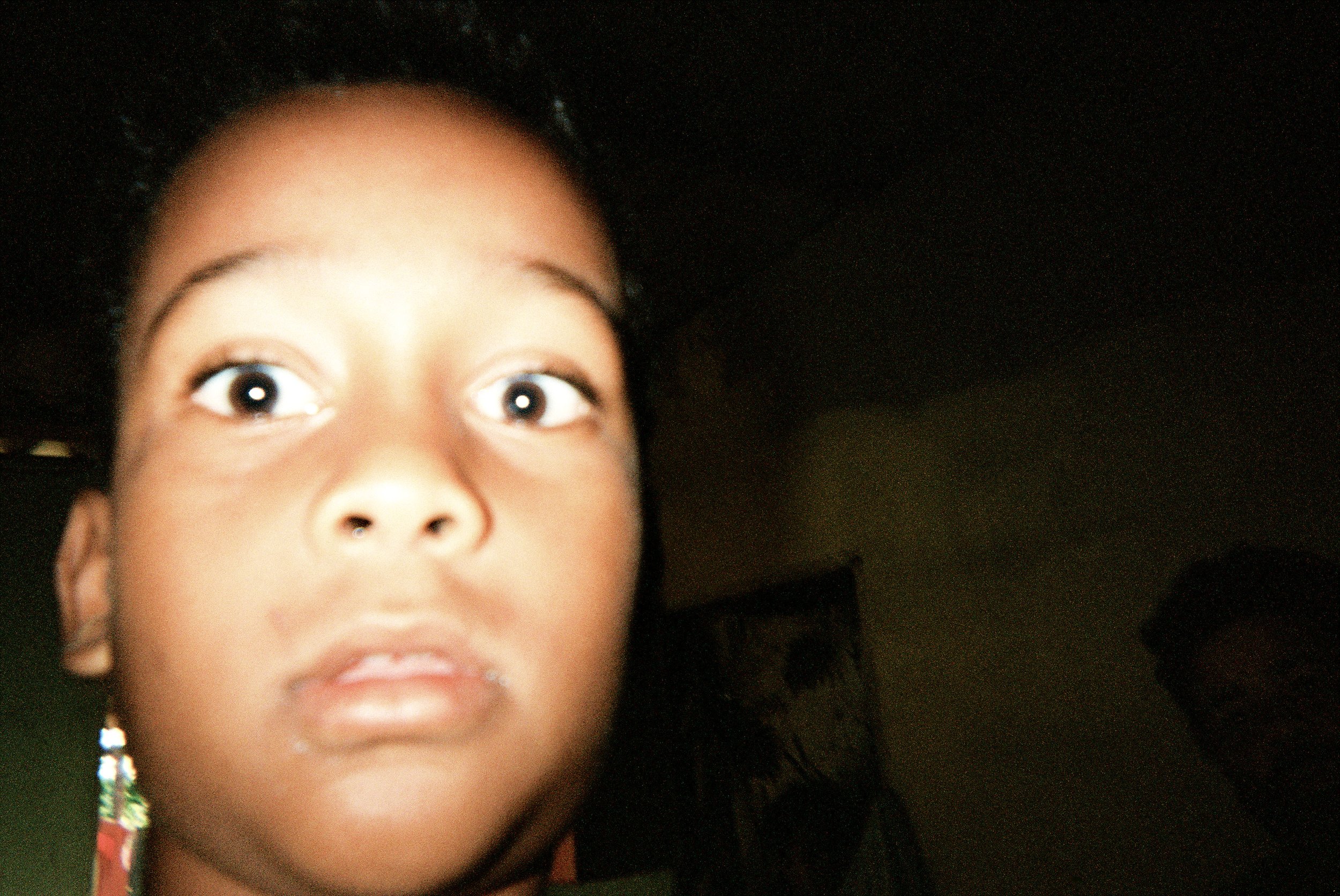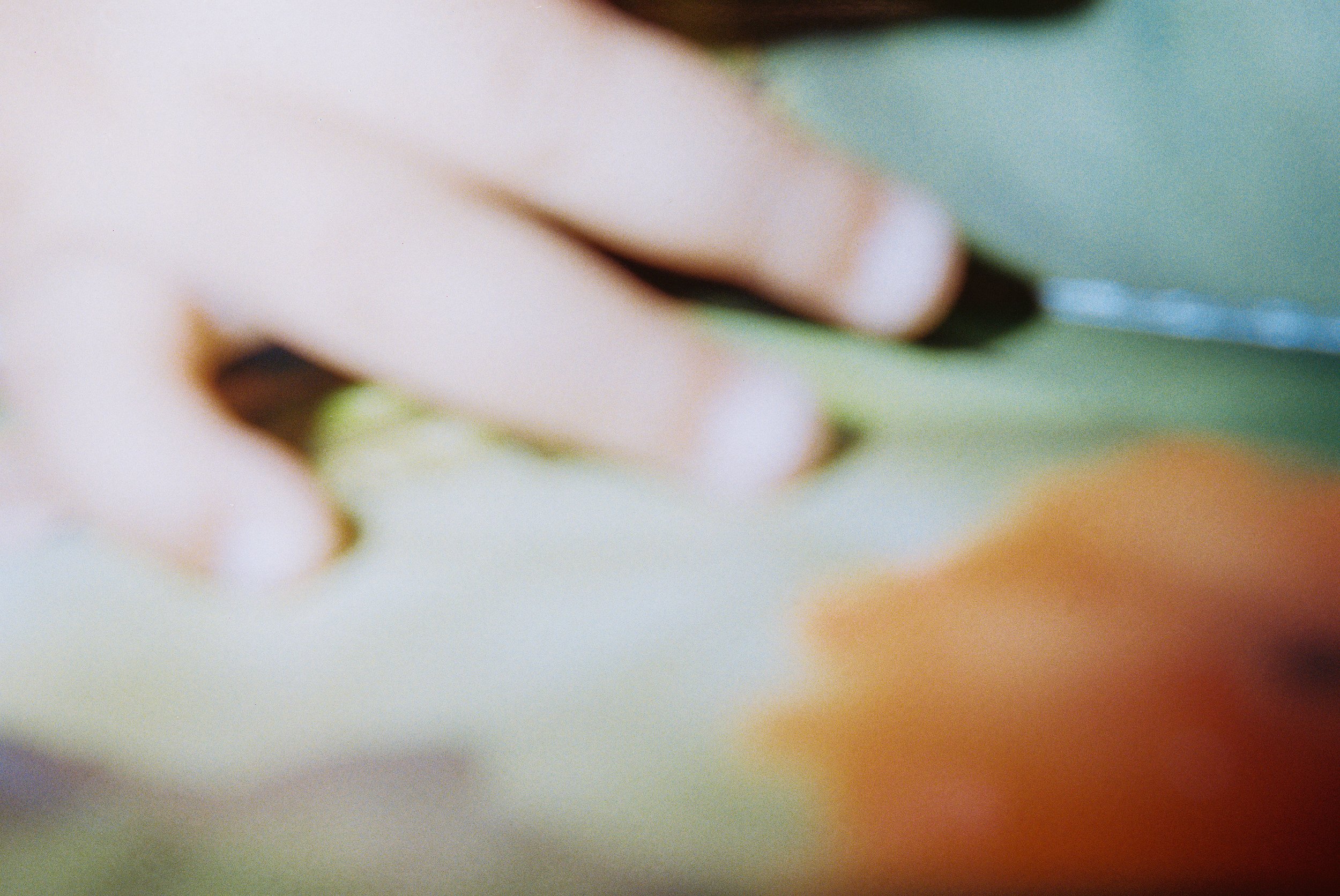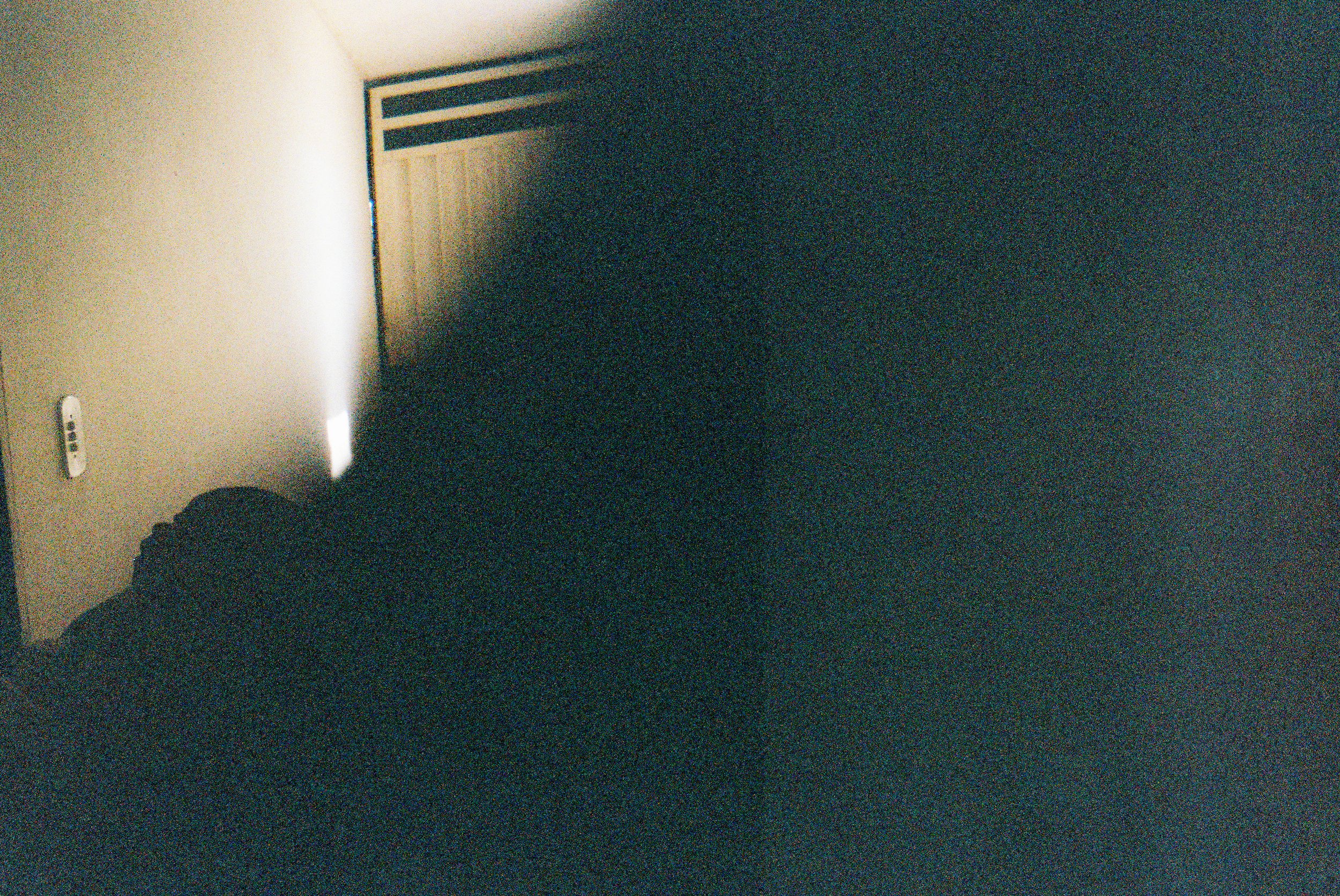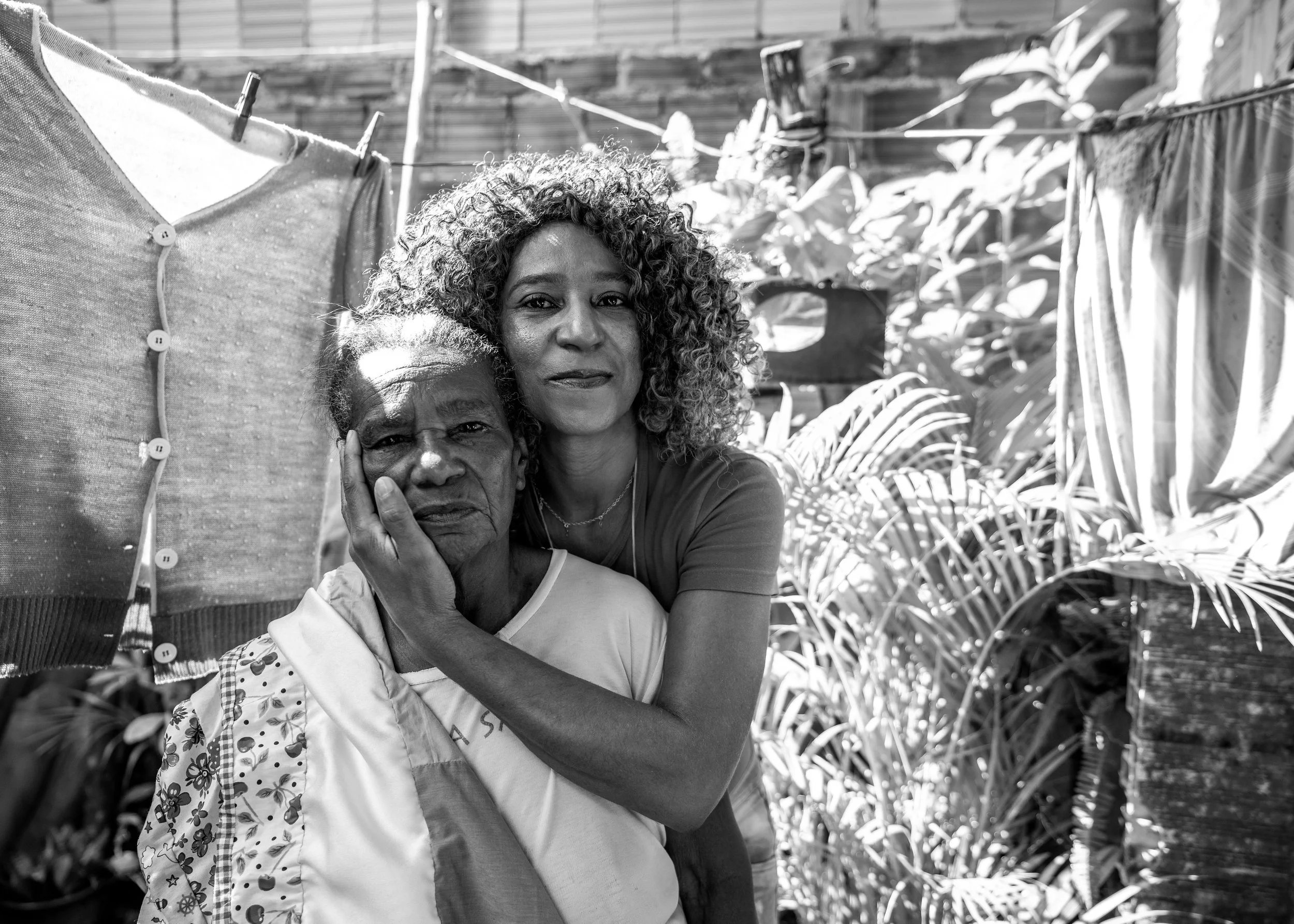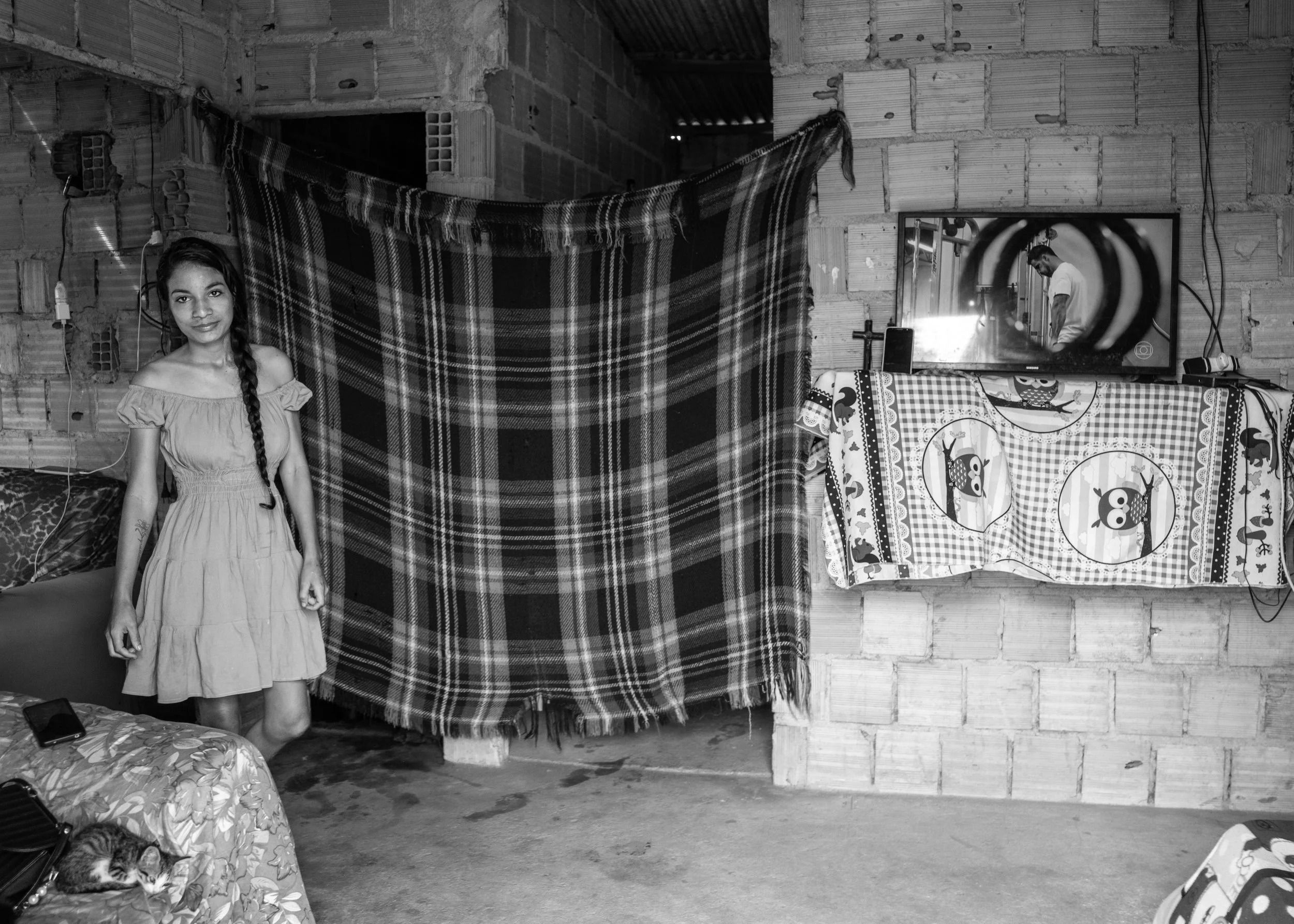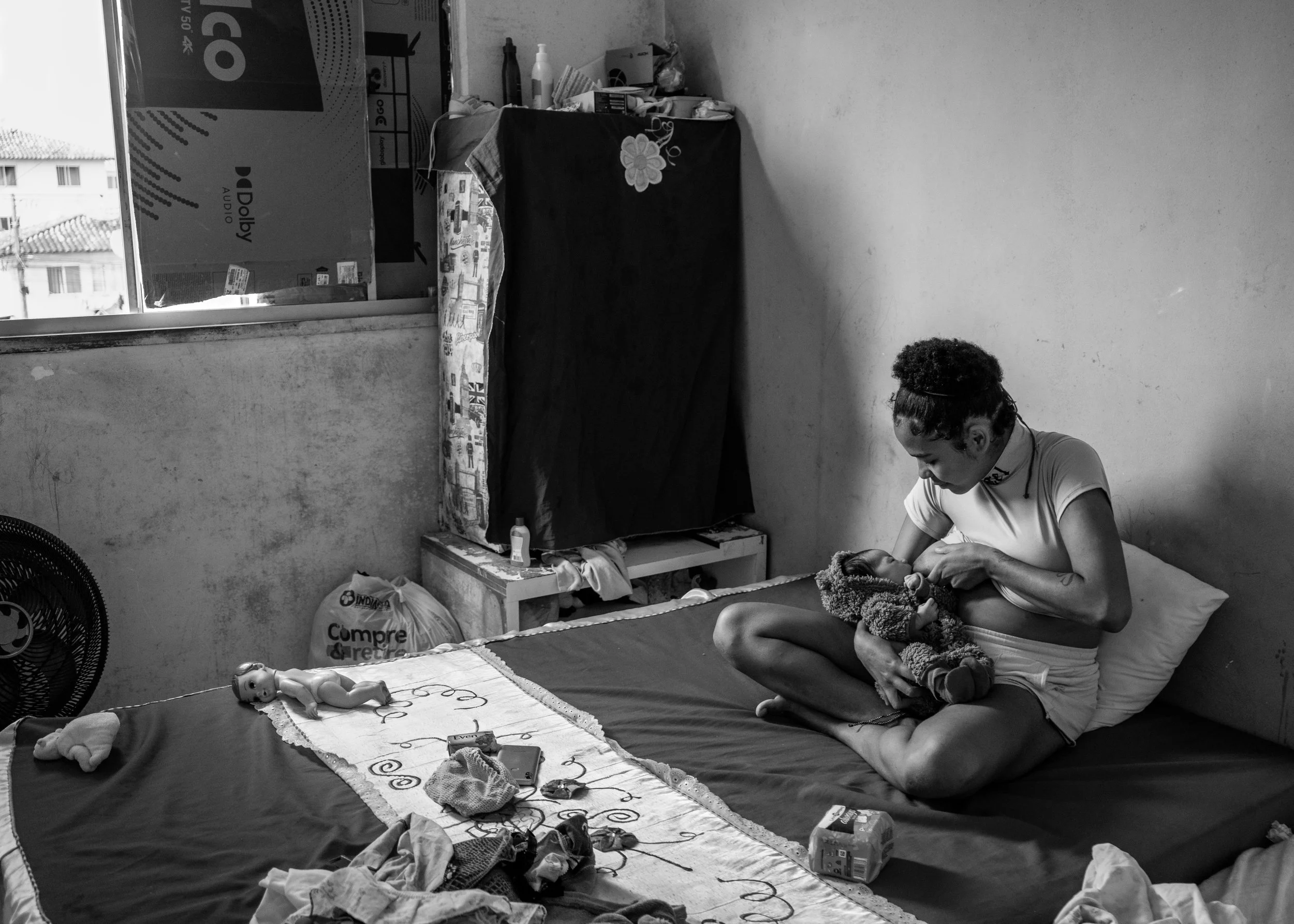Mães Unidas (United Mothers)
Over half of all mothers in Brazil are single. These women face profound challenges, including securing stable employment, accessing education and healthcare, and providing for their families. The prevalence of single motherhood is deeply connected to teenage pregnancy, poor education, domestic violence, and a lack of robust social support structures. Despite the critical need, these mothers often become invisible—ostracized by a society that shames them although they are a product of its very structure.
In July 2024 I joined Mães Unidas (United Mothers), a non-profit organization located in Porto Seguro, Brazil, in addressing these systemic issues. Composed exclusively by women,Mães Unidas fosters a revenue model designed to directly benefit its members by offering free training in sewing and providing an avenue for self-sustenance through the sale of crafted garments and upcycled clothing. Additionally, the organization offers free food and financial support to mothers who cannot participate in the training.
With generous support of a 2024 USU Peak Summer Research Fellowship, I had the opportunity to live with Didi Marina for 17 days and work with more than 20 single mothers each day—building meaningful connections by photographing day to day activities and conducting photo-elicitation interviews (PEI).
PEI is a methodology that prioritizes collaborative storytelling and deep listening to document and facilitate conversation and understanding. The method involves creating photographs with (not strictly of) participants and then engaging them in interviews and conversations about the images, eliciting responses that illuminate understanding and create more complex, nuanced narratives (Harper, 2002). “Such styles of interviewing are consistent with feminist and critical methodologies that promote empowering participants by providing a means to direct the research and shape how they are portrayed” (Copes & Ragland, 2022). Through this approach, my objective was to create a narrative that transcended a singular viewpoint, foster a collaborative exchange, amplify participant agency, and honor the community's identity and resilience.
Throughout the interviews, the mothers reacted excitedly to the images and provided feedback that helped shape and direct subsequent photographs. I also provided five mothers with disposable cameras, which provided an opportunity for them to express their perspectives visually.
By photographing and conducting PEIs I discovered not only the significant hardships these mothers face but also their remarkable resilience. They are not just surviving; they are fostering communities of mutual support and demonstrating extraordinary strength and solidarity amid adversity.
*Some names or locations in the captions have been changed to protect the safety of the subjects

